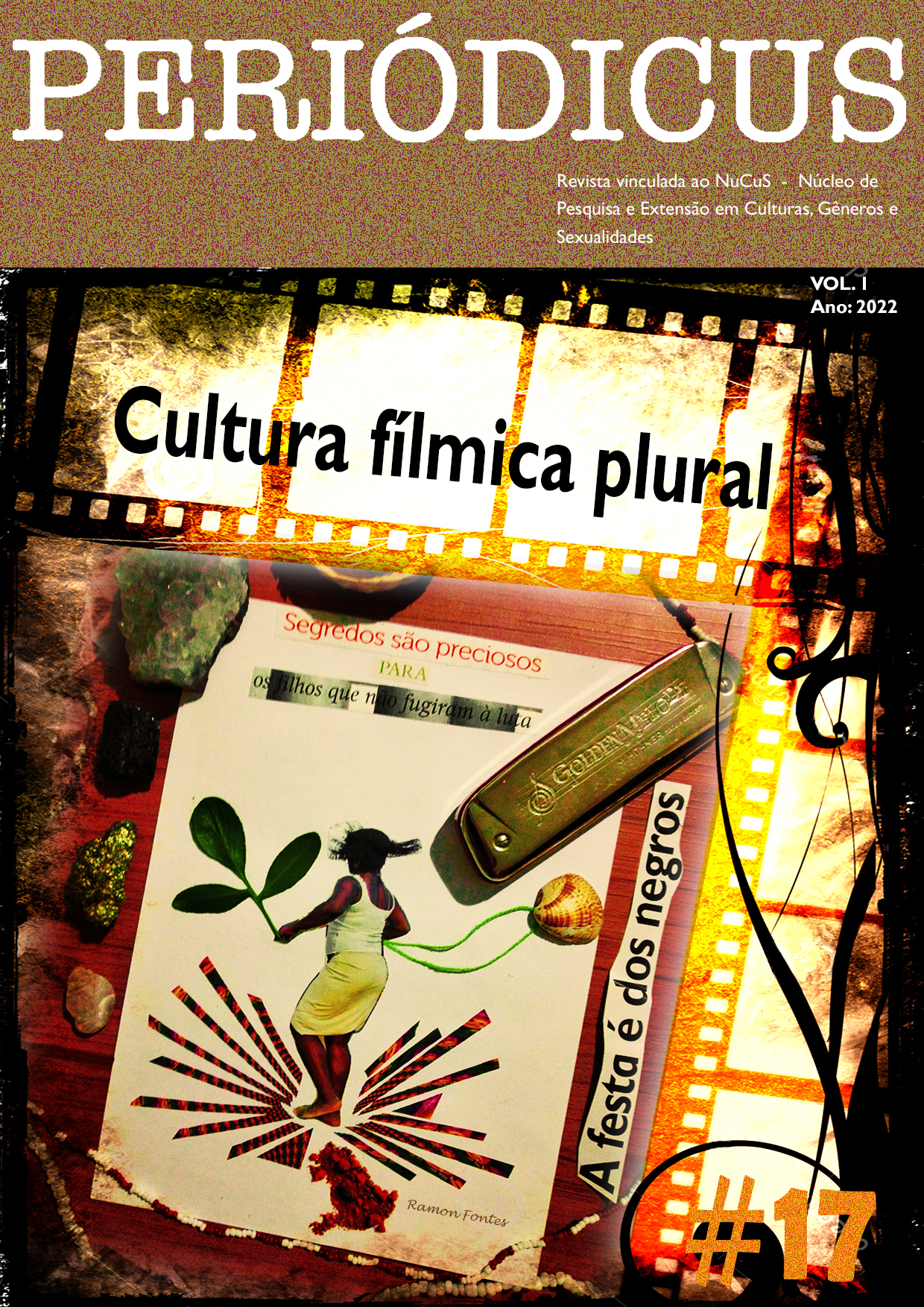Workshops with the LGBT population about health care:
an experience as a resident psychologist
DOI:
https://doi.org/10.9771/peri.v1i17.38921Abstract
Health is a Universal Right and State duty guaranteed by the 1988’s Federal Constitution. However, the Lesbians, Gays, Bisexuals, Transsexuals and Transvestites population of Brazil was totally deprived of this for a long time,
until the institution of the Brazil without Homophobia Program (BWH), in 2004. Later in 2011, the LGBT Population
Integral Health Police was issued as an important legal device for health promotion, free from discrimination and
prejudice. This study systematizes the Final Project for the Multiprofessional Residency in Family Health. Workshops
were held with LGBT volunteers assisted by the staff of a clinic focused specifically on the care of this population. Our
motivation was to use expressive group techniques as a strategy for the users to express their conceptions, experiences and feelings about health care. This is an exploratory-descriptive study with a qualitative approach and cartographic
orientation. Various techniques were used in the workshops, and its production (textual, graphic, and plastic) was all registered. In this study, we devoted attention to verbal expressions, which were transcripted and systematized. Data was organized into three thematic axes: self-reference, alter-reference and interrelations. Analyses shows how these people, as LGBT subjects and SUS users, experience their relationships with themselves, with others, with the city and its territories.
We identified aspects of how a society based on straight and cisnormative standards has been operating binarisms in different degrees, validating body’s control and replicating violent attitudes, including in the health services. Despite that, close family, friends, and LGBT institutions were mentioned as a welcoming and caring network. In addition, it was identified that the individual expression of desire takes forms in body image changes, but also in broader social transformations in defense of LGBT citizenship. The experience of working with the LGBT population in workshops mediated by expressive techniques presents itself as an important contribution of psychology in health promotion efforts of a group historically marginalized by public policies. We hope for more studies carried out in this perspective.
Keywords: Health services accessibility. Minority groups. Workshop. Health promotion.
Downloads
Downloads
Published
How to Cite
Issue
Section
License
Copyright (c) 2022 Joanna Luiza da Cunha Pontes, Wedna Cristina Marinho Galindo

This work is licensed under a Creative Commons Attribution-NonCommercial 4.0 International License.
Authors who publish in this journal agree to the following terms:
Authors retain copyright and grant the journal the right of first publication, with the work simultaneously licensed under a Creative Commons Attribution Noncommercial License that allows the work to be shared with acknowledgment of authorship and initial publication in this journal, but prohibits commercial use.
Authors are authorized to enter into separate additional contracts for non-exclusive distribution of the version of the work published in this journal (e.g., publishing in an institutional repository or as a book chapter), with acknowledgment of authorship and initial publication in this journal.
Authors are permitted and encouraged to publish and distribute their work online (e.g., in institutional repositories or on their personal website) at any point before or during the editorial process, as this can generate productive changes and increase the impact and citation of the published work (see The Effect of Open Access).








